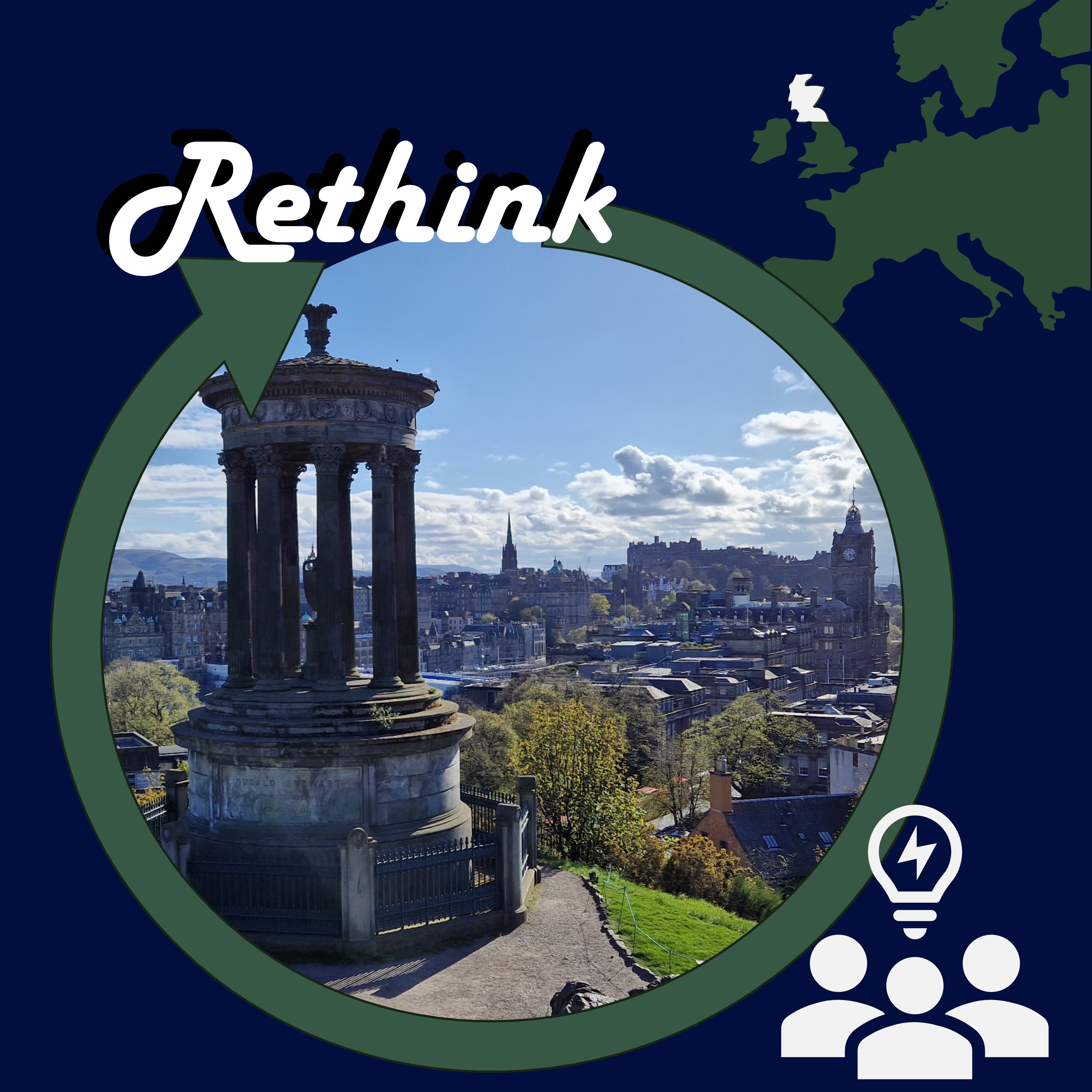
Building a circular economy (CE) is integral to delivering Scotland’s sustainability strategy and the target to become net zero by 2035. A decade ago, Scotland led in the circular economy space, publishing the ‘Making Things Last’ strategy, and creating the first ministerial post for circular economy. However, despite ambitious targets and a positive rhetoric, Scotland remains only 2% circular, compared to 7% worldwide and 24% in the Netherlands (Circle Economy, 2023). While Scotland has struggled to implement a deposit return scheme, Germany’s and Wales’ recycling rates have soared. Despite optimism with the recent Circular Economy (Scotland) Bill, the bill will not drive the CE without widespread support from businesses and the population. With other countries being successful in Europe and beyond, there is a need to both import and export the best circular ideas and implementation examples.
Creating a CE is interrelated with many Scottish priorities across sectors including services, financial services, and manufacturing. The CE might be a tool to re-establish relationships across every business and supply chain to design smarter products and manage resources transparently and efficiently. Brexit made exchanging resources across Europe more challenging, especially for innovative SMEs acquiring sustainable inputs and exporting circular products. However, little is currently known about the relationships between CE, Brexit, and trade. In the services sector, a mixed picture is observed with many charities thriving in Scotland, whilst sectors such as tourism look for circular solutions.
Having approached over a 10-year period experiencing the early stages of a CE in Scotland, this programme created a platform for reflection, knowledge-sharing, collaboration, and innovation. It aimed to assess the manufacturing, services, and policy landscapes in Scotland, learning from international partners to reflect on how to deepen relationships with Europe through a CE, whilst helping achieving Scotland’s vision for an innovative and sustainable future.